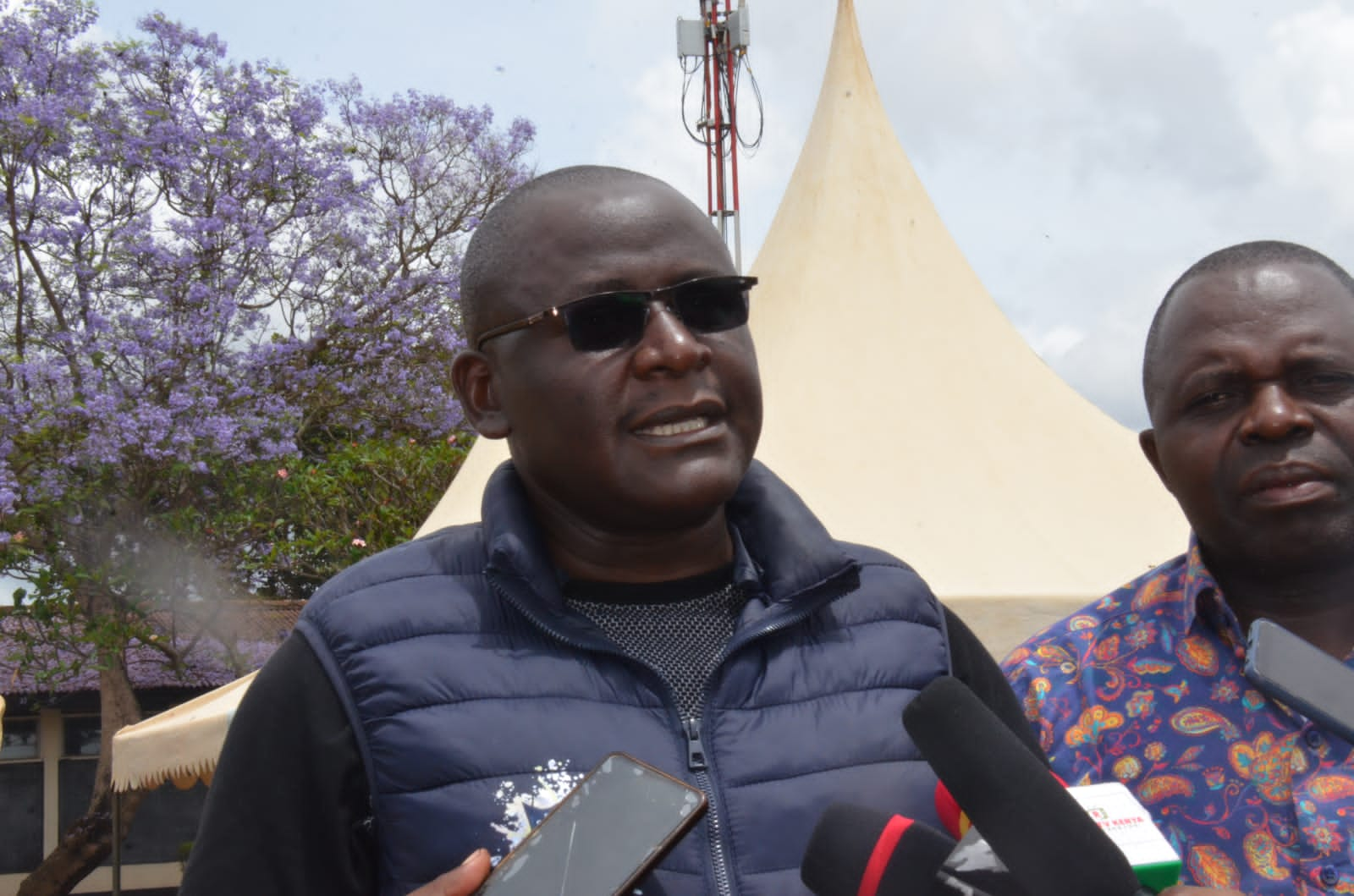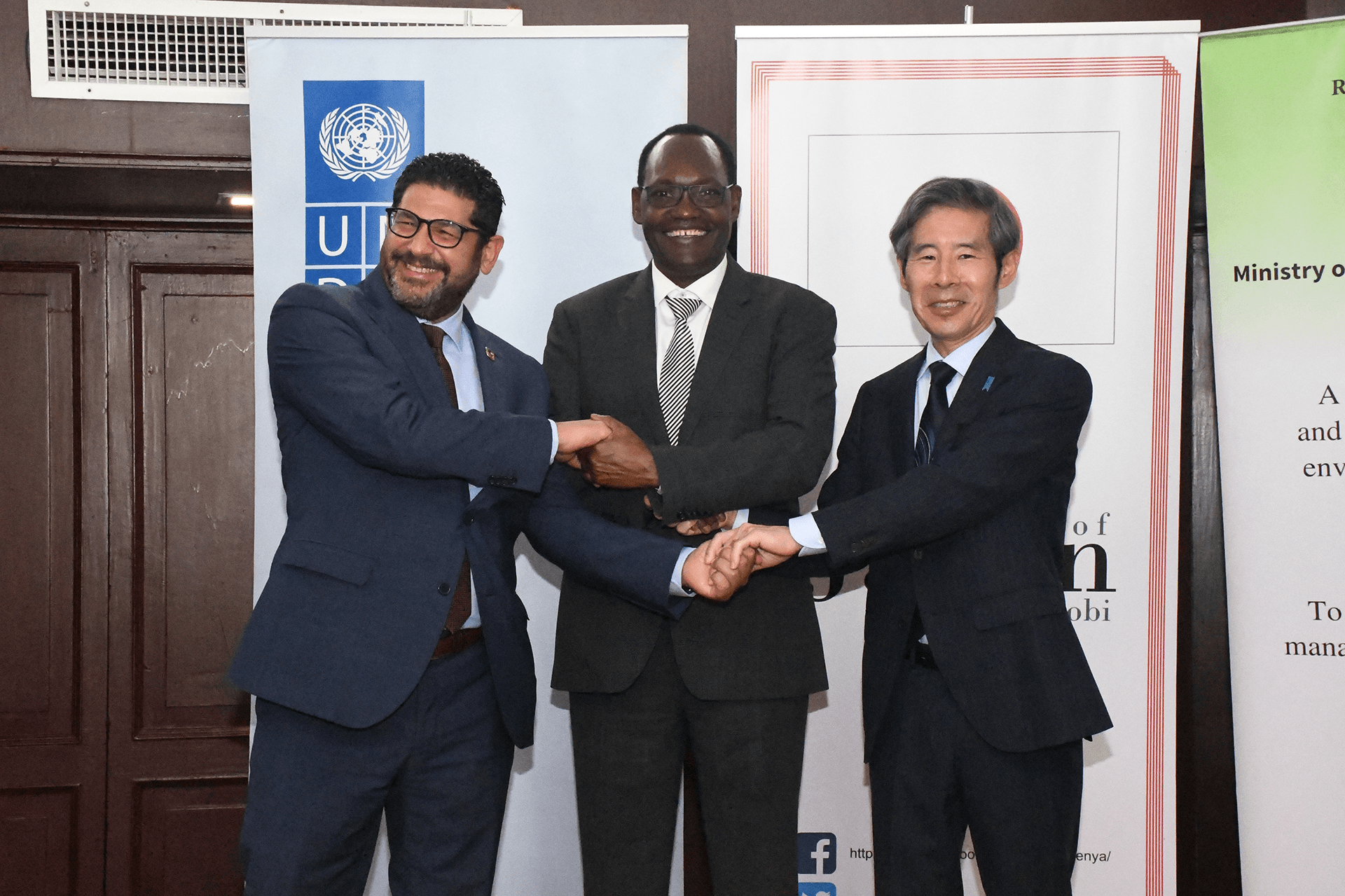In a radical shift from tradition, the National Treasury is engaging members of the public to seek the common man’s views on the budget making process for the 2024/25 financial year and mid-term budget review.
Public participation forums led by a team of technical officers from different state departments have kicked off in earnest across the country for public engagement on key and priority areas for funding.
Speaking in Machakos on Friday Felix Oulo, an Assistant Director Budget at the National Treasury said a total of ten teams are currently spearheading the exercise expected to end on November 6.
“It is a constitutional requirement that the government must involve stakeholders in the planning of the budget. We are here to engage members of the public for their opinions on critical areas that need priority for funding,” said Oulo.
Machakos County Commissioner Josephine Ouko noted that the budget is a key governance instrument that reflects the country’s priorities and shared values.
Ouko further said public participation in the budget making process is an essential component for a healthy and vibrant democracy.
“Inclusivity is key especially for those voices that have been marginalized or not heard for long,” said CC Ouko.
Basic Education Principal Secretary Dr. Belio Kipsang in a speech read on his behalf by Wekesa Kahonya said the 2024/25 budget will focus on Bottom Up Economic Transformation Agenda (BETA) to create job opportunities and foster economic growth.
“BETA focuses on agriculture, medium and small enterprises, housing, digital superhighway and creative industry,” said Kipsang.
The PS noted that the outcomes of the public participation forums will foster a sense of ownership of the budget by the public and will enhance transparency and accountability.
“The forums will strengthen the trust between the government and the citizens which will provide harmonious and effective government structures,” Dr Kipsang said.
Kipsang further noted that public participation is key as stakeholders will identify their social economic challenges and provide homegrown solutions for the same.
“Public participation also promotes inclusivity besides harmonizing intervention measures to prevent duplication of roles and wastage of resources,” said PS Belio.


